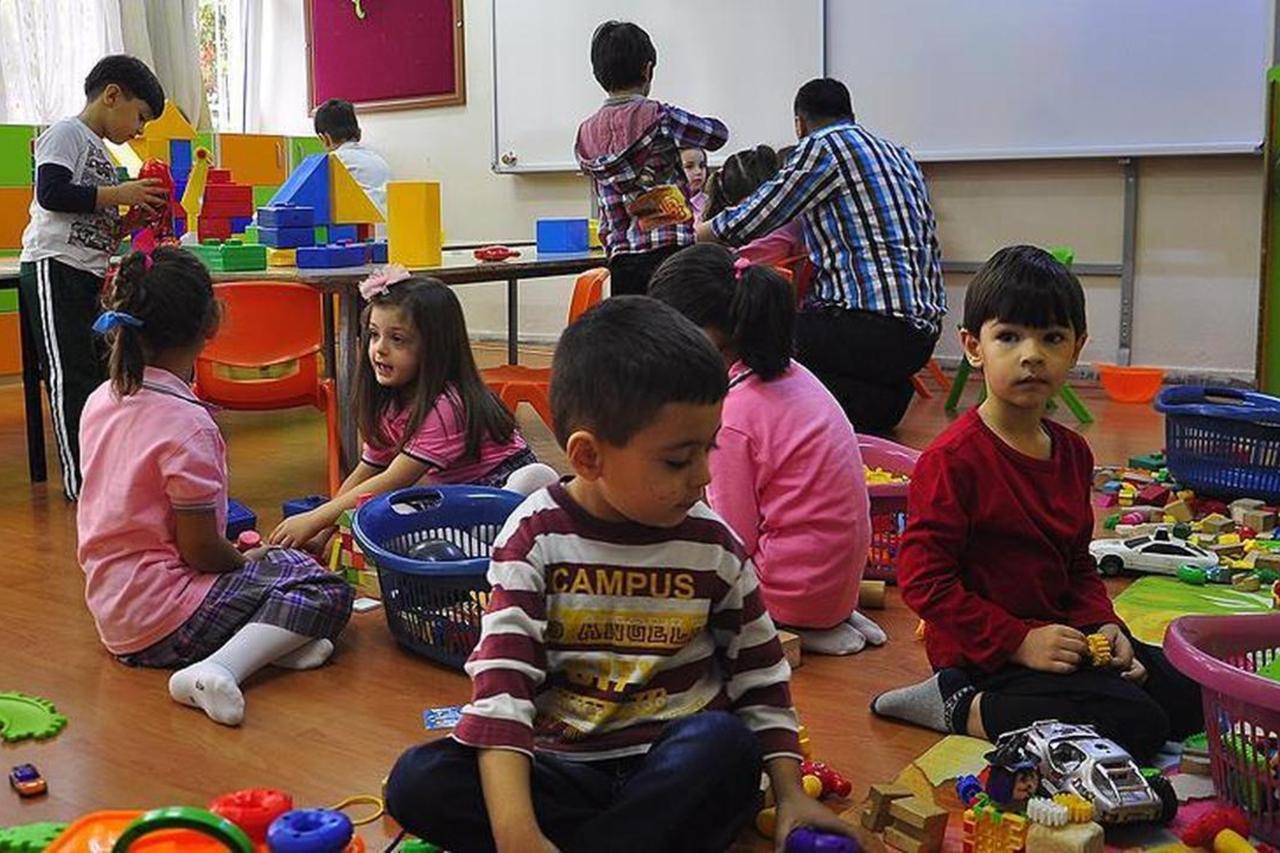
A comprehensive study involving more than 36,000 participants has revealed widespread support for reforming Türkiye's mandatory education system, with educators and families favoring a shortened high school model that would reduce compulsory schooling requirements.
Türkiye currently operates under a "4+4+4" education system, which divides schooling into three four-year segments: four years of primary school, four years of middle school, and four years of high school—totaling 12 years of mandatory education. The system was implemented in 2012 as part of broader educational reforms.
Ali Yalcin, president of the Memur-Sen and Egitim-Bir-Sen education unions, announced the findings Tuesday at a press conference in Ankara, saying the research demonstrates an urgent need to restructure the final four years of the current system—the high school portion.

The study, conducted across all 81 Turkish provinces, surveyed more than 17,000 teachers, over 7,000 school administrators, more than 5,000 11th and 12th-grade students, and over 5,000 parents about their experiences with the mandatory education system.
"The reality revealed by this study is clear: The final four years of our '4+4+4' mandatory education system need to be reconsidered," Yalcin said. "When we asked about the expectations of participating teachers and administrators, more than 93 percent expressed the view that changes should be made in the final four years of the system."
The research found that an overwhelming majority of participants believe the current 12-year mandatory education period should be shortened. Among teachers, 93.8 percent supported reducing the mandatory education duration, while 97.1 percent of administrators, 78.5 percent of students, and 78.8 percent of parents agreed.
Two alternative models emerged as the most popular options for restructuring high school education. The "2+2" model—two years of mandatory high school followed by two years of optional education—received the highest support, with 34.5 percent of teachers, 32.5 percent of administrators, 38.9 percent of students, and 28.6 percent of parents favoring this approach.
The "3+1" model, featuring three mandatory years followed by one optional year, was the second most popular choice, supported by 18 percent of teachers, 14.7 percent of administrators, 31.4 percent of students, and 20 percent of parents.
In stark contrast, the current four-year mandatory high school model received minimal support, with only 2.9 percent of teachers, 1.7 percent of administrators, 9.8 percent of students, and 8.8 percent of parents endorsing the existing structure.
The study revealed significant concerns about how the current system prepares students for the workforce. Among teachers, 75.2 percent said the mandatory education period does not meet society's and the business world's expectations, while 82.8 percent of administrators and 58.9 percent of parents shared this view.
Participants also expressed concerns that the lengthy mandatory education period delays students' entry into the workforce. This view was held by 83.7 percent of teachers, 90.2 percent of administrators, and 68.9 percent of parents.
The research highlighted problems with career guidance within the current system. Teachers (66.6 percent) and administrators (71 percent) reported that students receive insufficient vocational guidance during their mandatory education years.
Regarding the senior year of high school, participants overwhelmingly supported restructuring its format. Among students, 92.3 percent said the final year should focus on university preparation or career planning, a view shared by 90.4 percent of teachers, 88.8 percent of administrators, and 89.9 percent of parents.
The study also found strong support for more flexible, individualized, and modular secondary education structures. This approach was favored by 83.7 percent of students, 77.1 percent of teachers, 72.9 percent of administrators, and 65.5 percent of parents.
Yalcin emphasized that the findings represent the perspectives of education stakeholders nationwide and called for comprehensive policy discussions involving the Ministry of National Education and other partners.
"We are an organization with nearly 430,000 education workers across Türkiye," Yalcin said. "Comprehensive kitchen work is now needed in this area. We are announcing our research to ensure that all stakeholders in education are included in the process."